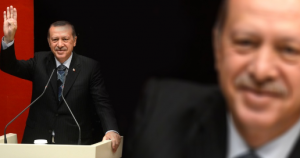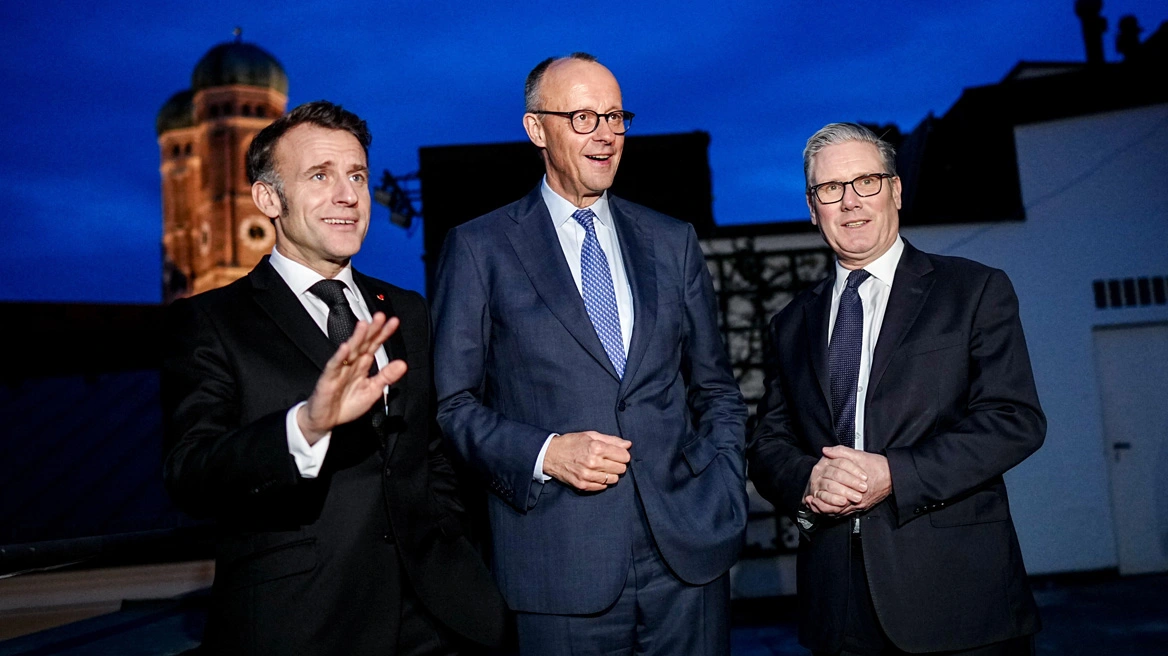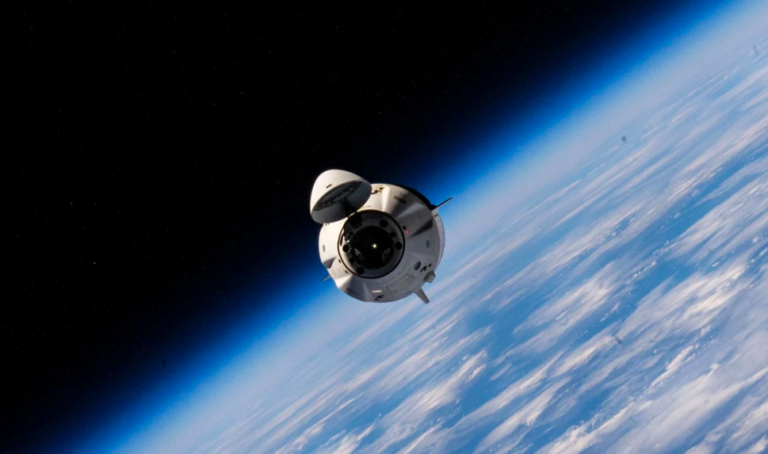If Turkish President Recep Tayyip Erdogan believes he can bully European leaders by provoking a fresh migrant crisis in southern Europe, then he would be well-advised to think again.
Ankara’s announcement that it is once again opening the floodgates to allow millions of refugees from Syria’s brutal civil war to travel to south-eastern Europe in search of refuge has been taken to persuade European leaders to back Turkey’s increasingly desperate situation in Syria.
Having launched an ill-considered military offensive against the Assad regime in northern Syria, Mr Erdogan now finds himself facing the consequences of his action, with regime forces, backed by Russia and Iran, waging a highly effective campaign against the Turks, which has so far resulted in the deaths of scores of Turkish troops.
In addition, Turkey’s decision to deploy thousands of troops to Idlib province in northern Syria has resulted in a fresh wave of refugees fleeing across the border into southern Turkey, where Turkish officials are already struggling to cope with the estimated four million Syrian refugees that have already sought sanctuary in the sprawling refugee camps.
One of the main reasons that Mr Erdogan now finds himself facing this difficult predicament is that he has badly underestimated the nature of his relationship with Russian President Vladimir Putin.
When Turkey took the controversial decision last year to purchase Russia’s state-of-the-art S-400 anti-aircraft missile system, Mr Erdogan calculated that it would herald new era of friendly cooperation with Ankara’s long-standing rival in Moscow even if, by pressing ahead with the deal, the Turks risked jeopardizing their relationship with NATO, which bitterly opposed the deal.
There was certainly an expectation in Ankara that improved relations with Moscow would result in better cooperation between the two countries on the post-conflict settlement in Syria, especially regarding Turkey’s desire to establish a safe zone in northern Syria.
Read more: gatestone institute
Ask me anything
Explore related questions





